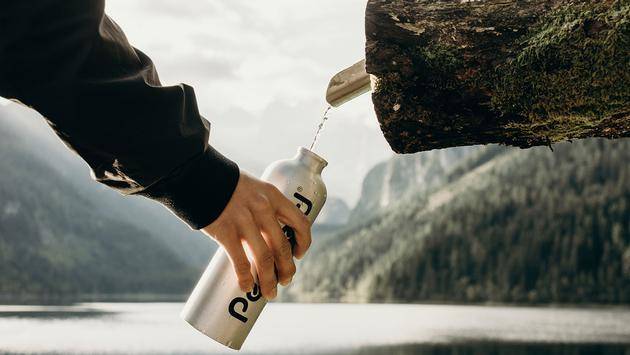The World Travel & Tourism Council (WTTC) and the United Nations Environment Program (UNEP) launched a new report June 16, “Rethinking Single-Use Plastic Products in Travel & Tourism,” highlighting the complexities of the issue and offering potential solutions to companies within the industry.

The travel and tourism industry is the third-largest export category and one of the world’s fastest-growing sectors, employing 1 in 10 individuals globally and contributing almost $9 billion in GDP in 2019. With this in mind, the report serves to function as a step in the direction of responsible travel and tourism practices, without which our planet would undoubtedly suffer.
The report first identifies which single-use plastic products (SUPPs) are the most harmful, especially for marine ecosystems with 90 percent of its plastic coming from land-based sources. Some of these are plastic bags, water bottles, plastic toiletries, food packaging and cups.
It might at first be hard to identify the industry’s impact on SUPP usage, but single-use plastics have been popular in the industry for decades. The report cites research to corroborate the industry’s impact on specific destinations; a report by the WWF found that plastic waste in the Mediterranean rose with the tourist season, generating 30 percent more waste. Another report found that Dubrovnik’s waste alone grew 400 percent over the summer months, its tourism season.
“The COVID-19 pandemic has accelerated the sustainability agenda with businesses and policymakers now putting an even stronger focus on it,” said Virginia Messina, Senior Vice President and Acting CEO, WTTC. “As a growing priority, businesses are expected to continue to reduce single-use plastic products waste for the future and drive circularity to protect not only our people, but importantly, our planet. It is also becoming clear that consumers are making more conscious choices, and increasingly supporting businesses with sustainability front of mind.”
While the COVID-19 pandemic has given consumers a different mindset about caring for the Earth, with many desiring more responsible ways of travel, it’s also led to more SUPP usage. A report from the Thailand Environment Institute found that plastic waste rose from 1,500 tons to 6,300 tons per day during the pandemic, with home food deliveries and sanitation measures being some leading factors.
The report urges businesses within the travel and tourism industry to reduce the use of SUPPs on a company level, for change first begins on a small scale. Governmental legislation across the globe will be necessary to enact the most change, some of which is already beginning in countries like South Korea, Canada and Denmark.
"Travel & Tourism has a key role to play in addressing the triple planetary crises of climate change, biodiversity loss and pollution, as well as making circularity in the use of plastics a reality,” said Sheila Aggarwal-Khan, Director of the Economy Division, UNEP. “The advent of COVID-19 and consequent proliferation of single-use plastic products has added urgency to the crises. With this report, we hope to encourage stakeholders in this industry to come together to address this multifaceted challenge. Only by doing so, can we ensure meaningful and durable change."
The report was created as part of the WTTC’s Sustainable Development Goals, which focuses on eight key issues like human trafficking, inclusion, diversity and social impact, destination stewardship and more.
Several companies have already taken steps to reduce single-use plastics. LATAM Airlines has created its own set of sustainability goals, part of which is banning all single-use plastics on its flights. Alaska Airlines has also begun taking steps to do this on some of their flights, replacing them with Boxed Water. Quintana Roo has begun banning them in its destination, while Nepal banned them near Mt. Everest back in 2019. Avalon Waterways and The Travel Corporation have also taken steps to ban or reduce SUPPs.
The WTTC will be hosting a webinar on this topic on June 24, 2021, from 2:00 p.m. to 3:00 p.m. BST, or 9:00 a.m. - 10:00 a.m. EST. Please click here to register.
To view the full report or WTTC’s other reports on its Sustainable Development Goals, please click here .
Leave a Comment